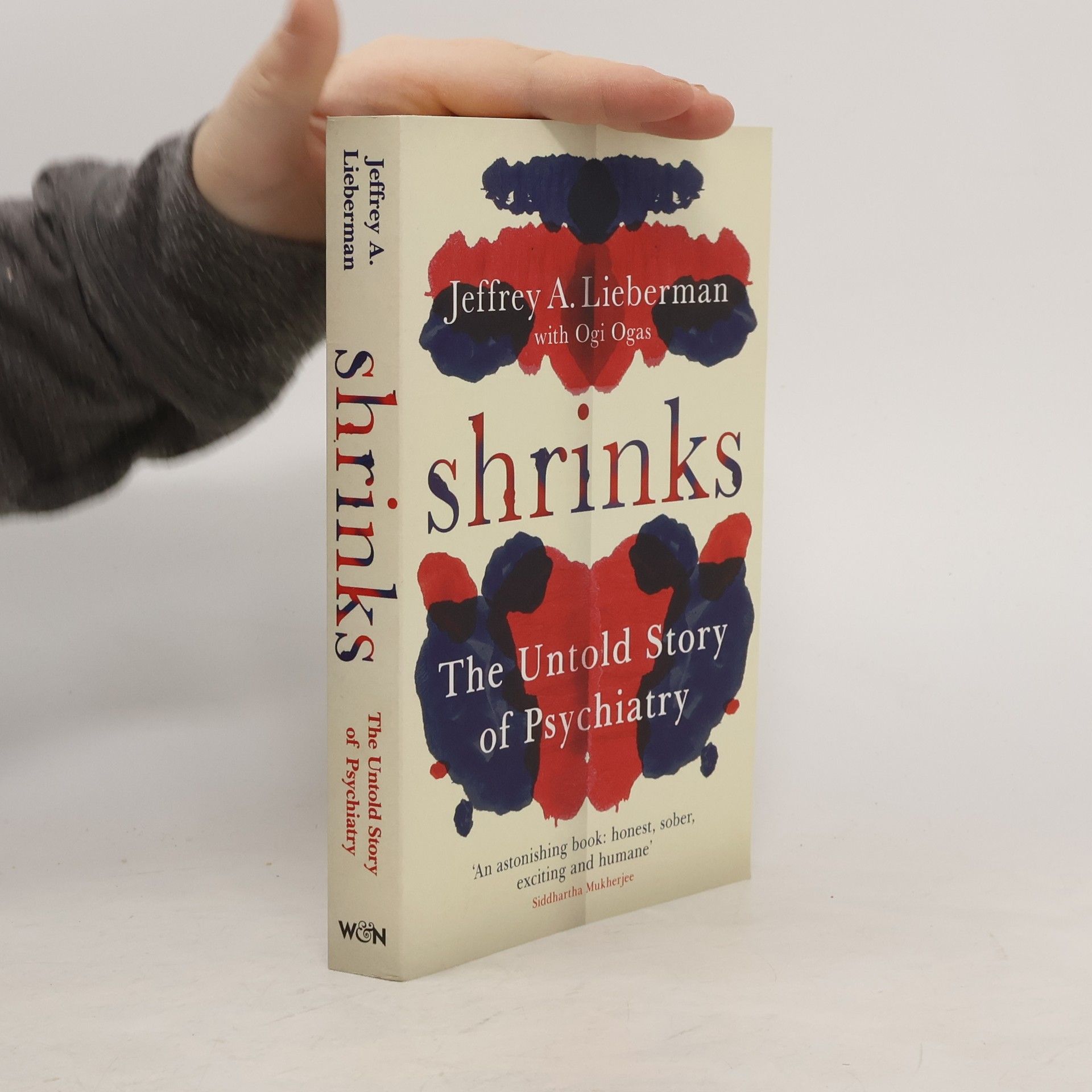Described as 'truly outstanding' by The New England Journal of Medicine and 'a gold standard for our field' by the American Journal of Psychiatry, this extensively revised second edition reflects significant advancements in psychiatry. Authored by renowned experts, it adopts a patient-centered approach, detailing normal development alongside disordered behavior's signs and symptoms. Its comprehensive coverage makes it an essential reference for anyone involved in treating psychiatric disorders. The new edition includes over 20 new chapters on topics such as neural development, neurotransmitter action, global perspectives, and the pathophysiology of addictions. It also features significant updates on disorders like schizophrenia and bipolar disorder, along with a thorough revision of psychiatry's scientific foundations. All previous chapters have been rewritten to incorporate current clinical practices and mechanisms. Key features include tables, charts, clinical vignettes, and diagnostic decision trees, catering to both novices and experienced practitioners. With extensive references for further reading, this edition is indispensable for clinicians, medical students, and healthcare professionals. The first edition received high praise for its breadth, depth, and user-friendly design, solidifying its status as a premier resource in the field.
Jeffrey A. Lieberman Libri






Malady of the Mind
- 528pagine
- 19 ore di lettura
This insightful exploration of schizophrenia, penned by esteemed psychiatrist Jeffrey Lieberman, blends cultural and scientific history with vivid patient narratives and clinical experiences to convey a groundbreaking message of hope: schizophrenia can now be effectively treated and even prevented. Historically, misconceptions about the illness have perpetuated the myth that no effective treatments exist. However, the reality is strikingly different; contemporary treatments can be transformative and lifesaving. Drawing on his extensive four-decade career, Dr. Lieberman narrates the evolution of our understanding of this often-dreaded condition. He highlights how the intricate nature of the brain, the tumultuous history of psychiatric medicine, and longstanding stigma have hindered progress in treatment. Yet, there is a path forward: evidence-based approaches combining medication with psychosocial support are enabling effective management of schizophrenia. Moreover, advancements in early detection and intervention can suppress symptoms and potentially prevent the disorder's onset. This essential read is invaluable for those interested in psychological histories and anyone impacted by schizophrenia, offering a thorough scientific overview, critical insights, and, most importantly, hope for those affected.
Shrinks
- 352pagine
- 13 ore di lettura
"Psychiatry has come a long way since the days of chaining "lunatics" in cold cells and parading them as freakish marvels before a gaping public. But, as Jeffrey Lieberman, MD, reveals, the path to legitimacy for "the black sheep of medicine" has been anything but smooth. Here, Dr. Lieberman traces the field from its birth as a mystic pseudo-science through its adolescence as a cult of "shrinks" to its late blooming maturity as a science-driven profession that saves lives"--Back cover.
Rozpad umysłu. Biografia schizofrenii
- 600pagine
- 21 ore di lettura
Nowa książka autora bestsellerowej Czarnej owcy medycyny. Schizofrenia. Przez wielu uważana za najbardziej tajemniczą chorobę psychiczną. Dawniej nie znano jej przyczyn, więc chorych uznawano za opętanych przez diabelskie siły. Nie dawało się jej leczyć, więc pacjentów i pacjentki trzymano w zamkniętych ośrodkach i poddawano okrutnym zabiegom. Jednak dzięki dziesiątkom badań, setkom eksperymentów, tysiącom prób i błędów dziś o schizofrenii wiemy już bardzo dużo i wkrótce być może uda się jej zapobiegać. Jeffrey A. Lieberman w przystępny sposób dzieli się swoją bogatą wiedzą psychiatryczną. Wciągające opisy badań naukowców i przypadków klinicznych przeplata z dramatycznymi przeżyciami pacjentów i swoimi doświadczeniami z praktyki medycznej. Jego książka to obowiązkowa, pełna empatii lektura dla zainteresowanych historią medycyny i psychiatrią oraz tych, których życie zostało naznaczone schizofrenią dla bliskich i rodzin osób zmagających się z tym zaburzeniem.
Lost
- 208pagine
- 8 ore di lettura
"Stripped of everything, 48 survivors of Oceanic Flight 815 find themselves stranded on a tropical island. This band of friends, family, enemies, and strangers must work together to stay alive. But the island isn't going to make it easy for them . . . As an environmentalist, Faith Harrington could be one of the biggest assets for the group's survival. But the events that lead her to board Flight 815 have left her wracked with guilt and self-doubt. As Faith reflects on the incidents from her past, she'll have to deal with the present reality of being surrounded by strangers in a hostile new environment. Will this mysterious new world offer Faith an opportunity to start over? Or will she fall victim to one of the island's deadly perils?"
Czarna owca medycyny. Nieopowiedziana historia psychiatri
- 334pagine
- 12 ore di lettura
Z tej książki dowiesz się: • Co łączyło Zygmunta Freuda ze Steve’em Jobsem? • Jak wyglądały prehistoryczne przypadki trepanacji czaszki? • Dlaczego choroby psychiczne leczono lobotomią? • Co wspólnego miał gangster Al Capone z kompozytorem Robertem Schumannem? Przez lata psychiatria uchodziła za czarną owcę medycyny. Wizyta u psychiatry była ostatecznością i często wiązała się z ostracyzmem społecznym. Nie pomagał fakt, że powstające teorie dotyczące leczenia schorzeń psychicznych często były ze sobą sprzeczne. Jeffrey A. Lieberman – były szef Amerykańskiego Towarzystwa Psychiatrycznego – prowadzi nas, wręcz w detektywistyczny sposób, przez historię jednej z najciekawszych dziedzin medycyny. Pokazuje trudności, przed którymi stawali psychiatrzy, próbując znaleźć przyczyny chorób i sposoby na skuteczne ich wyleczenie. Ale przede wszystkim opowiada o tym, jak długo psychiatrzy musieli walczyć o udowodnienie tego, że choroby, którymi się zajmują, istnieją naprawdę. Książki dobre nie tylko w teorii!